Climate change is a priority for the G7 this time around, with a stated mandate to “transform the way we produce, transport, and use energy”. Ambitions and promises are big, yet not one of the 7 countries sitting down together on June 8-9 in Québec is doing enough to fight the climate crisis. Their shortcomings are driving people and the planet towards the most dangerous of scenarios identified by scientists, as global CO2 emissions increased by about 2% between 2016 and 2017.
With 7 days to go, we profile the 7 countries and take stock of how their climate actions line up with the rhetoric.
1. Germany
“Global climate change is one of the greatest challenges facing humanity in the 21st century.”
– Angela Merkel, 15 November in Bonn at the UN Climate Talks, 2017
Indeed, but the German PM cannot be credible while Germany is still hugely reliant on dirty coal, which is responsible for over a third of the country’s CO2 emissions. In 2017, 4 out of 5 of the largest EU emitters were German lignite coal power stations. In order to keep its commitment, Germany has to phase out coal.
What you can do: Support German groups that mobilize to shut down lignite mines, and sign the petition to end coal in Germany.
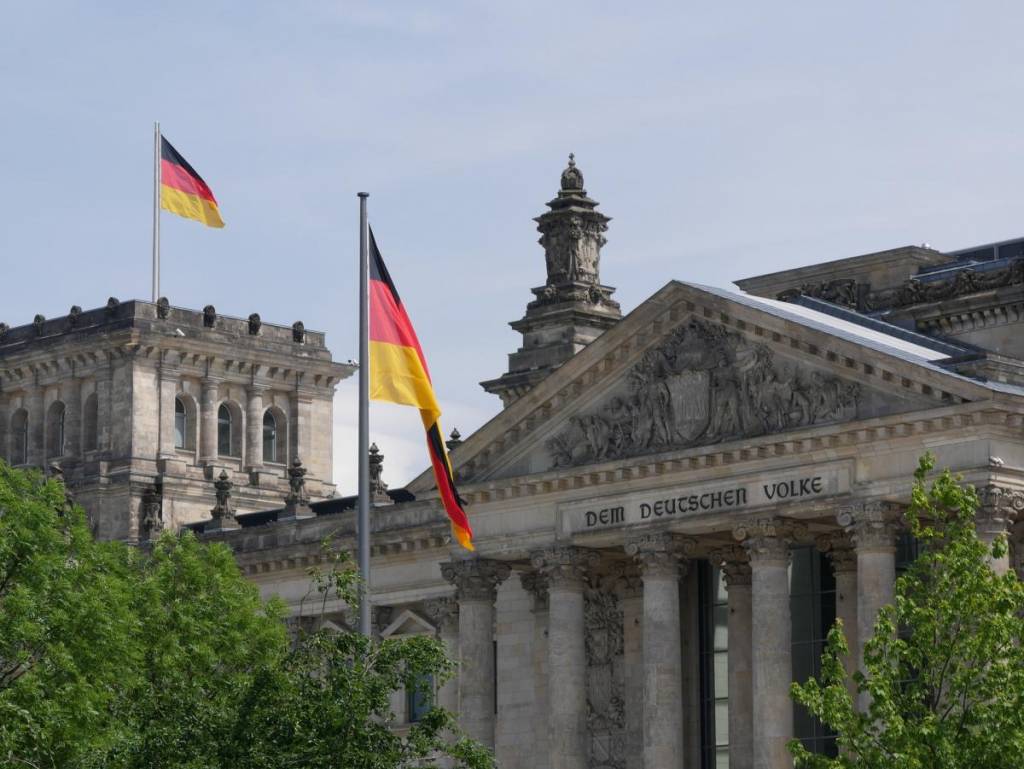
The Bundestag, Germany’s parliament.
2. Italy
Climate change is shaping up to be a disaster for Italy. Malaria is back in the country, Venice will vanish under water, and scientists fear that Mediterranean lands will turn into desert. Yet the recently-nominated government has made zero commitments on climate and energy. Instead it has loudly announced it’d deport 500,000 migrants back to Africa and the Middle-East.
Fighting climate change goes hand in hand with justice and solidarity, and this begins at home: by saying no to any new fossil fuel infrastructure. Communities in southern Italy have furiously resisted TAP, part of a mega pipeline that would bring in gas from Azerbaijan. In Italy, we should evict fossil fuel infrastructure like TAP – not people!
Take action together with hundreds of villages and rural communities, mayors, farmers groups, and people standing in solidarity around Europe: say #NoTAP and sign the open letter.
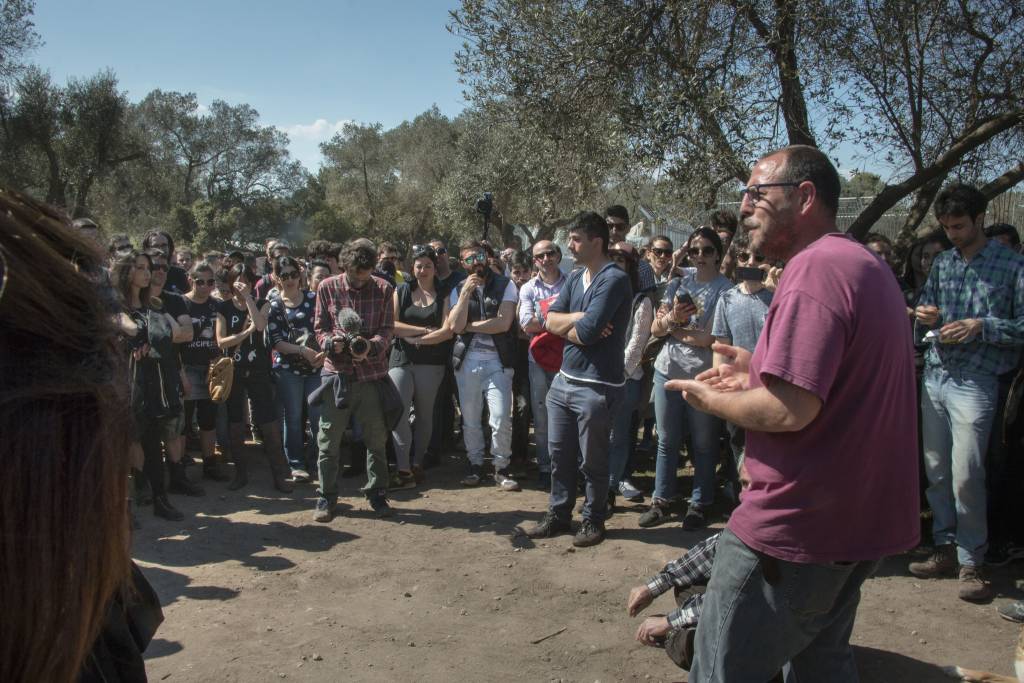
Communities in the south of Italy resist the Trans Adriatic pipeline.
3. United Kingdom
“By maintaining our commitment to tackling climate change and its effects, the UK can build a clean, green economy which is fit for the future and by so doing, protect and enhance our natural environment for the next generation.”
– Theresa May, December 11 2017, the day before Macron’s Climate Finance Summit in Paris.
Despite this vibrant plea, the UK is one of the last countries (still!) within the EU that did not ban fracking. Even worse: the government recently published its plan to fast-track fracking, by weakening regulations for companies, and taking back local authorities’ power to grant permits.
Support local communities in Britain who are resisting fracking. Reclaim the Power is holding a big day of action on June 27 to block gas infrastructure: you can join in-person or support online.
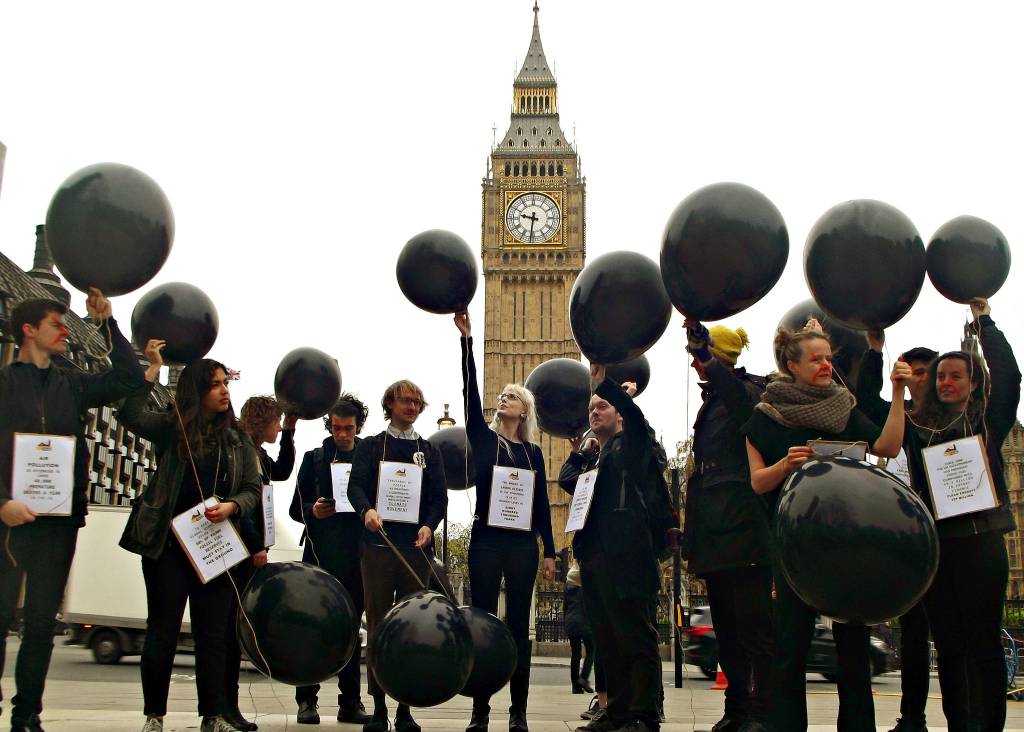
Protestors in London for divestment from fossil fuels in front of Big Ben in May 2017.
4. United States
“I know much about climate change. I received environmental awards.”
– Donald Trump, January 18, 2016 on Fox News
It’s been just over a year since Trump announced he’d pull the United States out of the Paris Climate Agreement, and his domestic record is not any better. Less than 2 years at the White House and we see Keystone XL back on track, coal being resuscitated, cuts made to the green energy sector, and car emission regulation rollbacks. Let’s not kid ourselves: climate leadership in the US lays with communities and people fighting existing and new fossil fuel infrastructure and demanding a 100% renewable energy economy that is just.
What you can do: Join the movement for SolarXL, where communities are building solar arrays directly in the path of the Keystone XL pipeline.
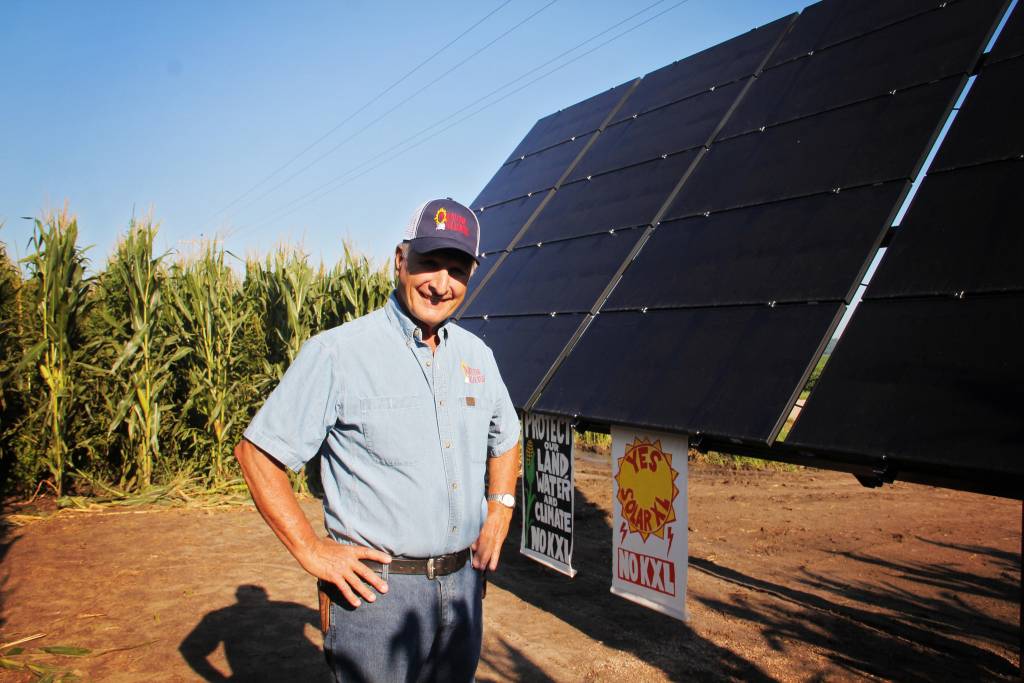
Jim Knopick of the North Star Solar Bears, who installed the arrays in the path of Keystone XL.
5. Japan
“Japan will spare no effort in tackling the issue of global warming.”
– Shinzo Abe, in his statement on Japan’s accepting the Paris Agreement, 8 November, 2016
Japan is competing with China for the dubious crown of the world’s leading coal financier, involving both public and private actors. Japanese megabanks play a critical role in these funding schemes all over the world, and particularly in the Global South. If Japan wants to honor its commitment to Paris, it has no choice but to stop funding coal.
Support 350 Japan and its powerful call to Japan’s 3 biggest banks to stop funding coal worldwide. Sign the petition here.
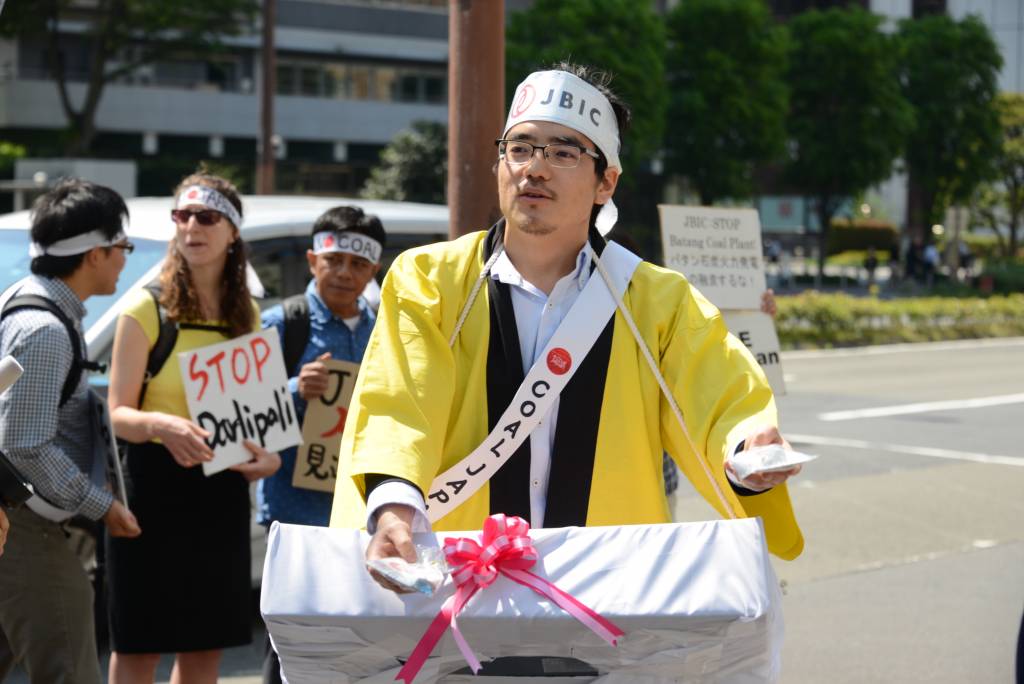
Shin Furuno, divestment campaigner at 350.org.
6. France
“We must put finance at the service of the climate. There is money to make it happen, and we need this money.”
– Emmanuel Macron, 11 December 2017, the day before the Paris Climate Finance Summit
Yet France keeps using public money to finance fossil fuels. Through its public investment arm, it’s supporting 12 dirty projects around the world (e.g. Yamal, Goliath, Coral LNG, tar sands in Canada), as well as STEP, new gas pipeline infrastructure spanning the Pyrénées mountains. STEP means more fossil fuels extracted and burned, more lands and forests confiscated, and invaluable flora and fauna destroyed for the sake of gas profits. Macron could say no to this project and divest public money from fossil fuels.
How we resist: 350 France along with allies and local activists are calling on mayors to say no to STEP-MidCAT and to lobby for divestment of public pension funds in fossil fuels. Join them (pages in French).
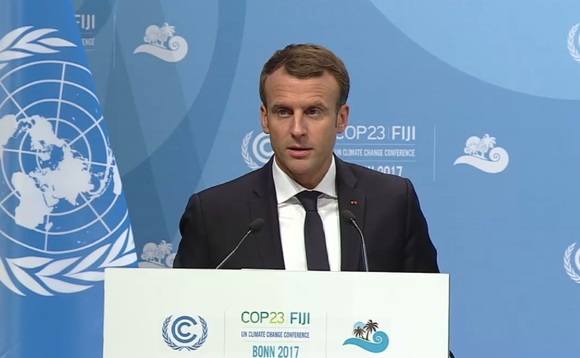
Macron honing his rhetoric at COP 23 in Bonn, Germany in November 2017.
7. Canada
“We’ll demonstrate that we are serious about climate change … It means collaborating with our provincial and territorial partners … and investing in sustainable economic prosperity.”
– Justin Trudeau, on the eve of his trip to Paris for the Climate talks, 22 November 2015
Indeed Justin, that’s what it means – and certainly not paying $4.5 billion in public money to accelerate the extraction and transport of oil sands from Alberta. Climate leadership and building new pipelines are not compatible. Justin Trudeau transformed from a climate champion into a big oil CEO, instead of respecting Indigenous peoples rights and leading the world into the renewable energy transition.
Join 350 Canada in asking Trudeau to abandon the Kinder Morgan Trans Mountain pipeline extension.
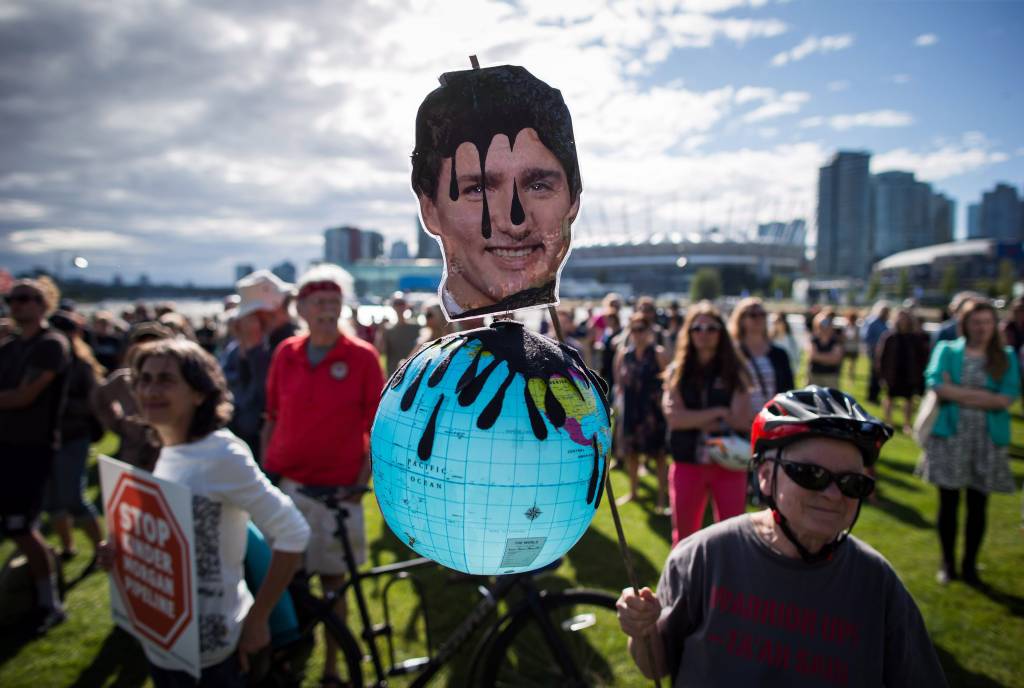
Taken May 29 in Vancouver just after Trudeau’s announcement Canada would buy the pipeline for 4.5 billion. Photo credit: The Canadian Press, Darryl Dyck
In every case, it’s clear people on the ground, not world leaders, are taking the boldest action to stop the climate crisis. But we need more of this. Wherever you are in the world, you can link up with others who are already organizing or start your own group right now. Then, plan an action for the climate movement’s biggest day of the year: Rise for Climate on September 8.